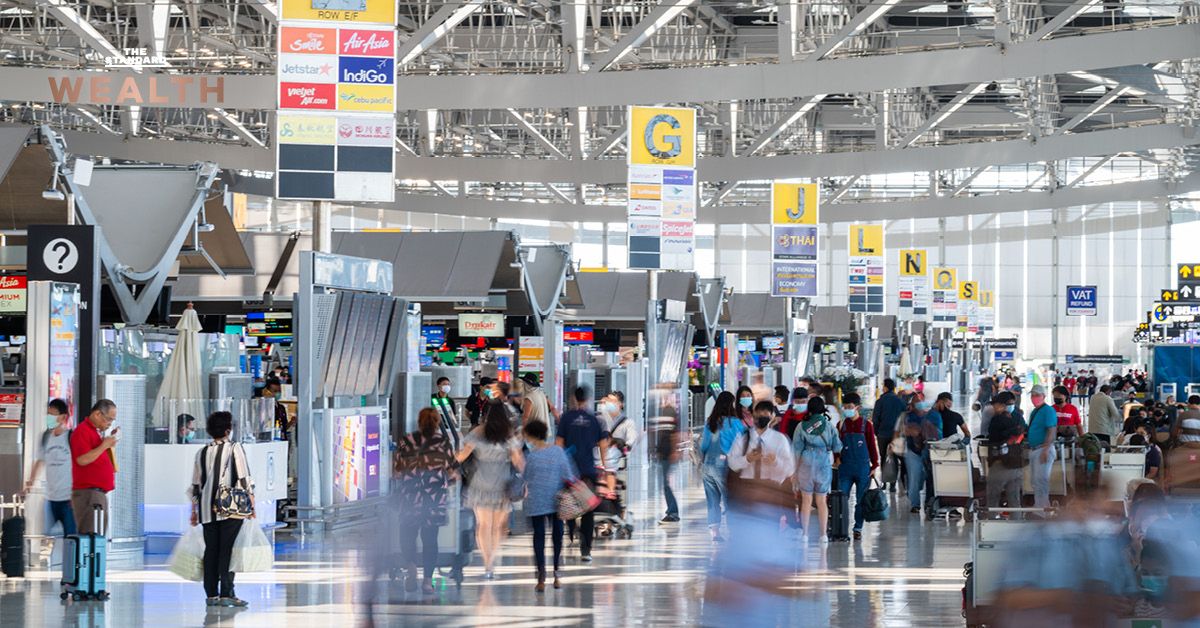
An Australian journalist living in Thailand will face trial after publishing blog posts criticising Malaysia, prompting legal action and international concern.
Murray Hunter will stand trial in Thailand on December 22 after being charged with defamation over articles critical of the Malaysian government. The 64 year old Aussie, who resides in Hat Yai, faces prosecution following a complaint lodged by Malaysia’s Communications and Multimedia Commission (MCMC).
According to Thai Lawyers for Human Rights (TLHR), the case stems from four articles published on Hunter’s Substack blog, accusing the MCMC of political bias and misuse of authority. TLHR has labelled the proceedings a “transnational SLAPP (strategic litigation against public participation) case” designed to silence criticism rather than secure legal redress.
Hunter was arrested on September 29 at Suvarnabhumi Airport while preparing to board a flight to Hong Kong. Thai police, acting on Malaysia’s request, detained him overnight before releasing him on 20,000 baht bail. His passport was confiscated, and he has since been barred from leaving Bangkok.

Asia Sentinel quoted Hunter as saying, “The MCMC conned the Thai police to use criminal defamation on me. Now journalists in Thailand are not safe if third countries seek Thai assistance to prosecute people they don’t like.”
The charges relate to blog posts from April in which Hunter accused the MCMC of operating under the influence of Malaysia’s Pakatan Harapan government, alleging that the commission’s actions were politically motivated and aimed at intimidating the public. The MCMC has denied all claims.
A Malaysian court, without Hunter’s knowledge, previously ruled against him in a civil defamation case, according to Bangkok Post.
- Police question volunteers over journalist’s death in NonthaburiSunday, December 7, 2025
In Thailand, the matter has escalated to defamation, which carries a possible penalty of two years in prison and a fine of up to 200,000 baht.
The case has drawn strong backlash from rights groups, who accuse Thailand of aiding foreign governments in cracking down on political dissidents within its borders.
Human rights advocate Phil Robertson slammed the case as “blatant transnational repression” and warned it could damage Thailand’s reputation for media freedom.
Earlier this year, Thailand updated its anti-corruption laws with provisions to protect individuals facing SLAPP suits. The 2025 Organic Act on Anti-Corruption (No.2) is intended to enhance public participation and shield whistleblowers, though Hunter’s case may put that promise to the test.
Latest Thailand News
Follow The Thaiger on Google News:


























